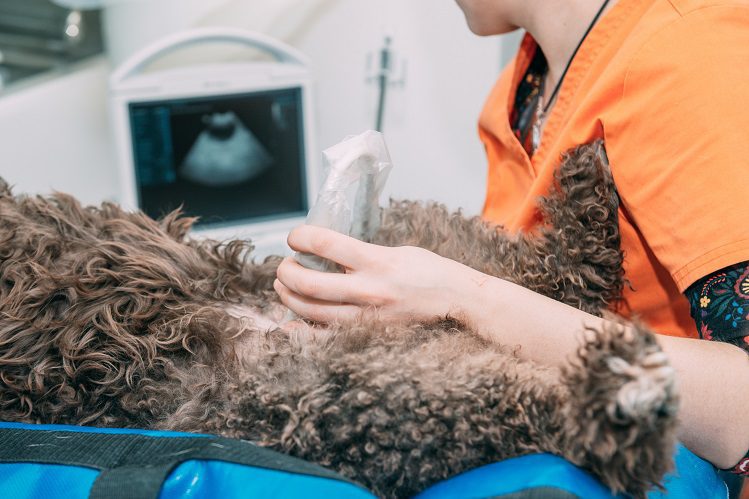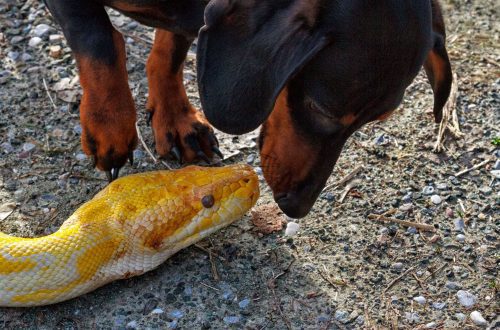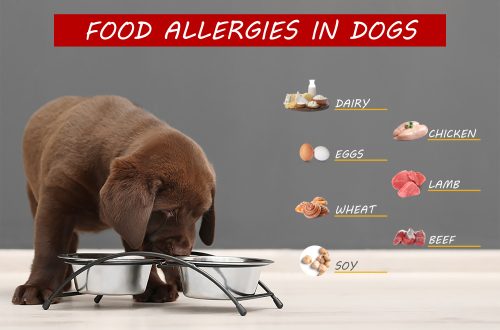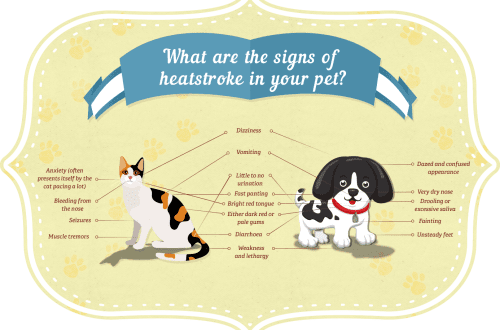
Chronic Diarrhea in Dogs and Cats: Should You Be Worried?
Veterinarian and therapist of the Sputnik clinic Boris Vladimirovich Mats tells why a pet can develop chronic diarrhea and whether it is dangerous.
Chronic diarrhea in pets often goes unnoticed. Especially if it started at an early age and everyone is “used to” this.
Normally, defecation in an adult dog or cat occurs 1-2 times a day, and the stool is formed. If the frequency of defecation is increased, and the stool is mushy for a long time or relapses are noted, this may indicate a pathology.
Chronic diarrhea is commonly associated with a group of diseases called IBD, inflammatory bowel disease. We will talk about it in this article.

Symptoms of IBD (inflammatory bowel disease) include:
vomit
diarrhea
Weight loss
Decreased physical activity
Blood in stool and vomit
Decreased appetite.
The exact cause of IBD (inflammatory bowel disease) is unknown, but there are several factors that can influence its development:
Genetic predisposition
Immune system disorders in the gut
Окружающая среда
microbial factors.
- Genetic predisposition
In humans, corresponding mutations in the genome have been found that are associated with this disease. Some studies have also been done in animals, but at the moment there are quite a few of them.
- Immune system disorders in the gut
The intestinal immune system is complex. It includes mucous membranes, mucus, immunoglobulins, various types of immune cells, and so on. Within this system, there is self-regulation, for example, some immune cells stimulate or inhibit the action of other cells, depending on the situation. Disruption of this balance can cause an inappropriate response of the immune system to various factors, leading, for example, to excessive inflammation to a minor irritant.
- Окружающая среда
The effects of stress, diet, and drugs on the development of IBD in humans have been described. But in pets, the link between stress and the development of chronic diarrhea has not been proven. However, cats and dogs are known to develop other inflammatory reactions in response to stress, such as cystitis.
With a diet, everything is the same as with people. The immune system is normally sharpened to recognize a foreign protein on the surface of some bacteria or virus. A variety of food protein can be perceived by the animal as an enemy, which can cause inflammation in the intestines.
- Microbial factors
A change in the composition of the gut microbiome can lead to the overgrowth of more aggressive types of bacteria that will injure the intestinal walls, leading to inflammation.
IBD is divided into 4 types of gastrointestinal pathologies:
Sensitivity to food. By using an elimination diet or hydrolyzed protein in the feed, the disease is cured. This type of IBD is the most common.
Sensitivity to antibiotics. In this case, IBD resolves in response to the use of antibiotics. The disease resumes after their cancellation.
Sensitivity to steroids (immune suppression). It resolves with the use of drugs that suppress the immune system. This is necessary if the immune system in the gut is not working properly.
Refractoriness (no sensitivity to everything). This IBD does not respond to anything. The reason for it is also not known.
Diagnosis of IBD begins with the exclusion of pathologies that have similar symptoms.
These include:
Chronic viral infections of cats (leukemia and immunodeficiency)
Parasitic diseases
Neoplasms
Liver pathologies
Kidney pathology
Disruption of the endocrine system
Foreign bodies
Feeding disorder
Exposure to toxic agents.
Blood tests. They cannot be used to diagnose IBD, but it can be suspected and other diseases with similar symptoms ruled out.
X-ray examination. Allows you to exclude other pathologies that can cause symptoms of IBD.
Ultrasound procedure. Allows you to see changes in the intestinal wall that are characteristic of IBD, but they can also be in other diseases, such as lymphoma. Also, ultrasound can exclude other pathologies, such as neoplasms.
Endoscopy of the stomach and intestines. With the help of a small camera, the mucous membrane of the stomach and intestines is examined. With certain changes, you can suspect IBD and exclude other problems, which include foreign bodies, neoplasms, and so on.
Histology. For this test, you need to take pieces of intestinal tissue. The procedure is carried out either during an endoscopic examination or during abdominal surgery. The obtained samples are examined under a microscope. Only on the basis of this method can a definitive diagnosis of IBD be made.

The histological examination is quite invasive, so a treatment trial can be started if mild or moderate IBD has been ruled out and other problems have been ruled out. However, for diagnosis, a histological examination is more preferable.
If the pet does not respond to therapy or has complications associated with IBD, endoscopic and histological examination should be performed.
- Diet. The pet is gradually transferred to food with a new source of protein or with hydrolyzed protein. If there is a reaction to the new diet, then the pet has diet-dependent IBD.
- Antibiotics. Used when there is no response to the diet. Before starting a course of antibiotic therapy, several different diets can be applied in a row, which sometimes takes several months.
Antibiotics with a successful response are taken for about 1 month, then they are canceled. If symptoms return, long-term treatment is prescribed.
- Immunosuppression. If the pet does not respond to treatment with diet and antibiotics, various combinations of immunosuppressive drugs are prescribed. The dose and combination is selected individually depending on the response to treatment and / or side effects.
- Complementary probiotic therapy. The doctor prescribes or does not prescribe probiotics, depending on the situation, at his discretion.
- Intensive therapy. If your pet has severe IBD, they may need intensive care in the hospital to control complications.
The prognosis depends on the individual pet. Every second dog periodically shows signs of IBD. Every fourth goes into stable remission. One in 25 dogs is uncontrolled.
If your pet has chronic diarrhea or vomiting for more than 3 weeks, be sure to contact your veterinarian. He will be able to diagnose the cause of the animal’s condition and prescribe timely therapy.
Author of the article: Mac Boris Vladimirovich, veterinarian and therapist at the Sputnik clinic.






